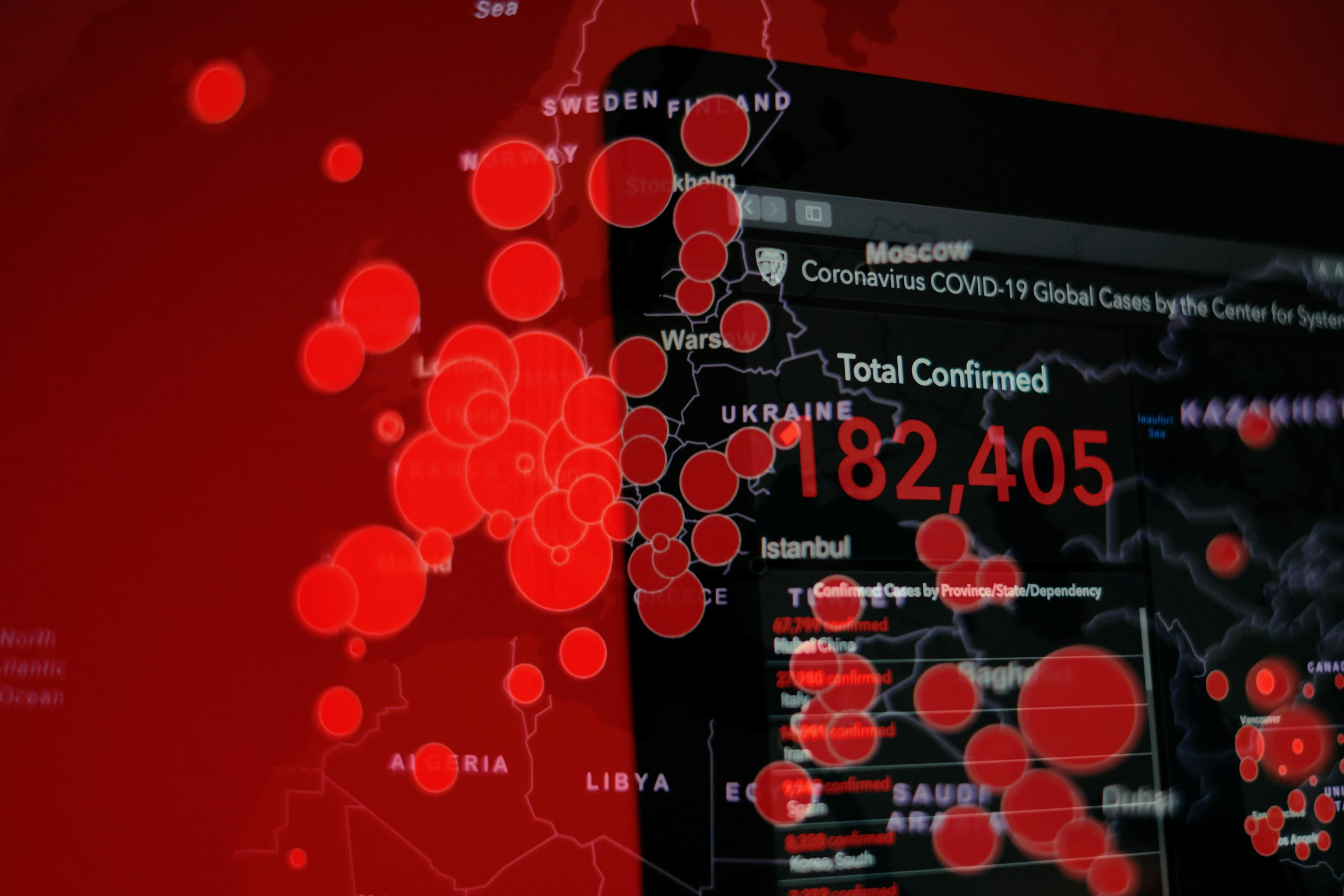Navigating Cross-Border Transactions in a Post-Pandemic World
The coronavirus pandemic has transformed the way we do business, forcing companies to adapt to new ways of operating and making cross-border transactions a challenge. With travel restrictions and supply chain disruptions, businesses are facing more obstacles when it comes to navigating cross-border transactions. In this article, we will explore the impacts of the pandemic on international trade and provide strategies for businesses to successfully navigate cross-border transactions in a post-pandemic world.
The Impact of the Pandemic on Cross-Border Transactions
The pandemic has brought significant changes to the global economy, and cross-border transactions have not been immune to its effects. The disruptions caused by the virus have slowed down international trade, creating uncertainties and challenges for businesses that rely on cross-border transactions. Here are some of the top impacts of the pandemic on cross-border transactions:
1. Travel Restrictions
With the spread of the virus, governments around the world have implemented travel restrictions to limit the movement of people and contain the spread of the disease. These restrictions have made it difficult for businesses to conduct face-to-face meetings with their international partners, hindering their ability to negotiate and finalize cross-border transactions.
2. Supply Chain Disruptions
The pandemic has also disrupted global supply chains, causing delays and shortages of goods and services. This has made it challenging for businesses to fulfill their obligations in cross-border transactions, leading to delays and, in some cases, contract breaches.
3. Economic Uncertainty
The pandemic has caused a global economic slowdown, leading to uncertainties and volatility in the market. This has made it difficult for businesses to assess the risks associated with cross-border transactions, making them more cautious and hesitant to engage in international trade.
Strategies for Navigating Cross-Border Transactions in a Post-Pandemic World
Despite the challenges brought about by the pandemic, there are still opportunities for businesses to successfully navigate cross-border transactions. Here are some strategies to consider:
1. Utilize Technology
In a world where face-to-face meetings are restricted, businesses can leverage technology to connect with their international partners. Video conferencing and virtual communication tools can help bridge the distance and facilitate effective communication and negotiation.
2. Diversify Supply Chains
The pandemic has exposed the risks of relying on a single source for goods and services. To mitigate these risks, businesses should consider diversifying their supply chains and exploring alternative suppliers in different regions.
3. Stay Up-to-date with Regulations
The pandemic has resulted in frequent changes in regulations around the world. Businesses engaging in cross-border transactions must stay informed about these changes to ensure compliance and avoid any legal issues.
4. Conduct Thorough Due Diligence
With uncertainties and risks involved in cross-border transactions, businesses must conduct thorough due diligence on their international partners. This includes assessing their financial stability, reputation, and ability to fulfill their obligations in the transaction.
5. Consider Alternative Payment Options
The pandemic has highlighted the vulnerabilities of traditional payment methods. Businesses should consider alternative payment options such as digital and contactless payments to minimize the risks associated with cross-border transactions.
In Conclusion
The pandemic has brought significant challenges to cross-border transactions, but with the right strategies and precautions, businesses can still succeed in international trade. By utilizing technology, diversifying supply chains, staying informed about regulations, conducting due diligence, and exploring alternative payment options, businesses can navigate cross-border transactions in a post-pandemic world successfully. It is crucial to stay adaptable and resilient during these uncertain times to continue thriving in the global market.





